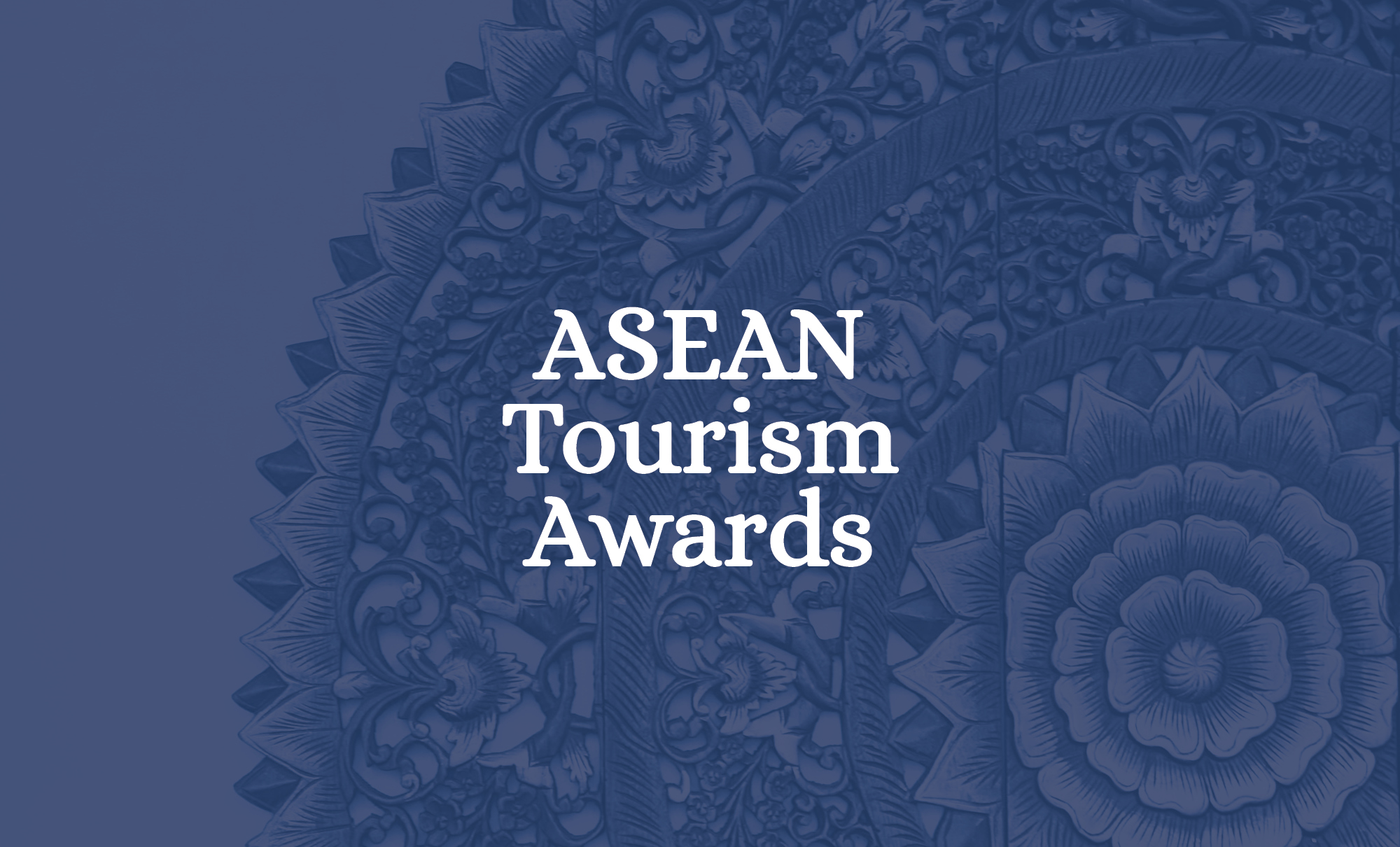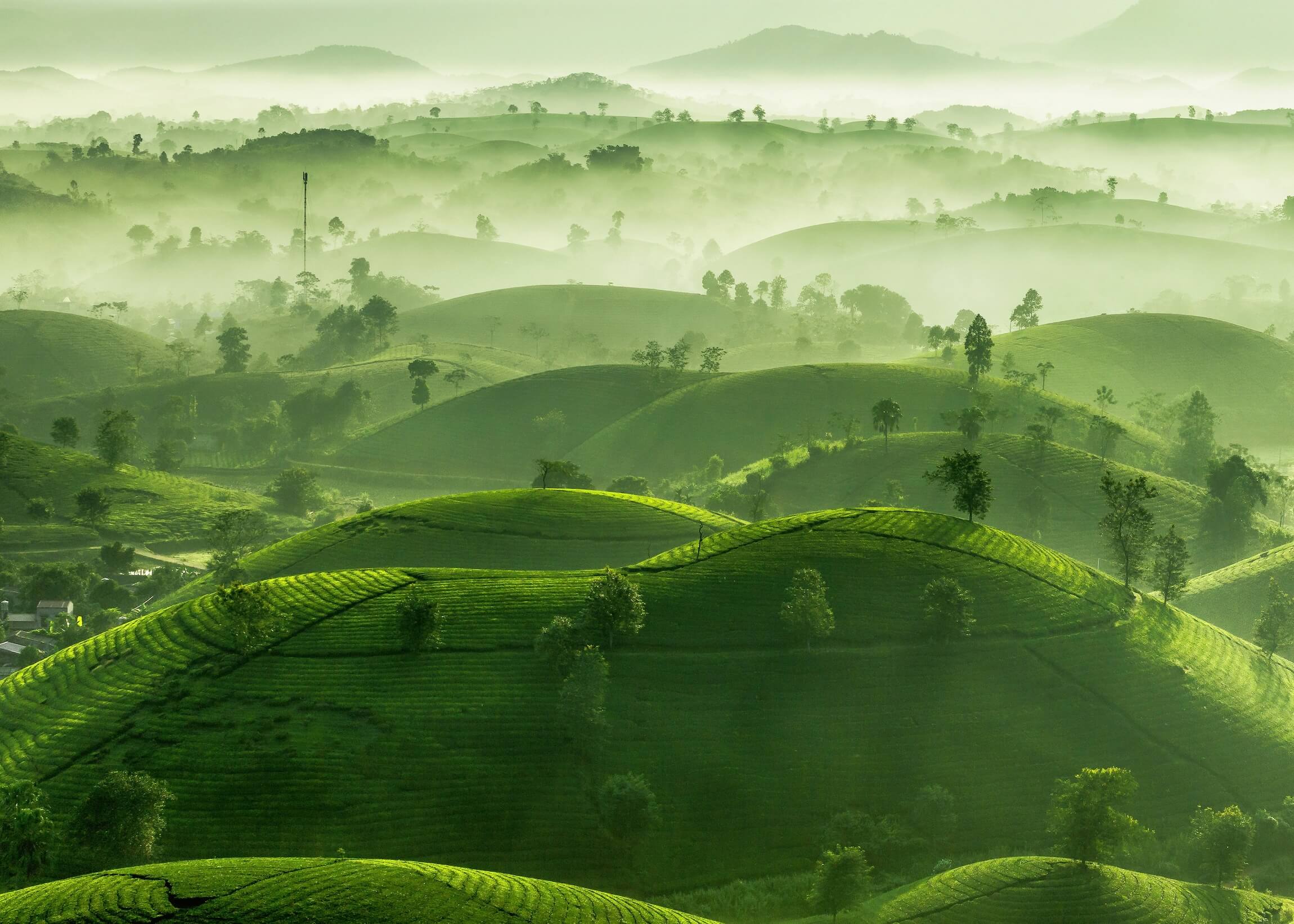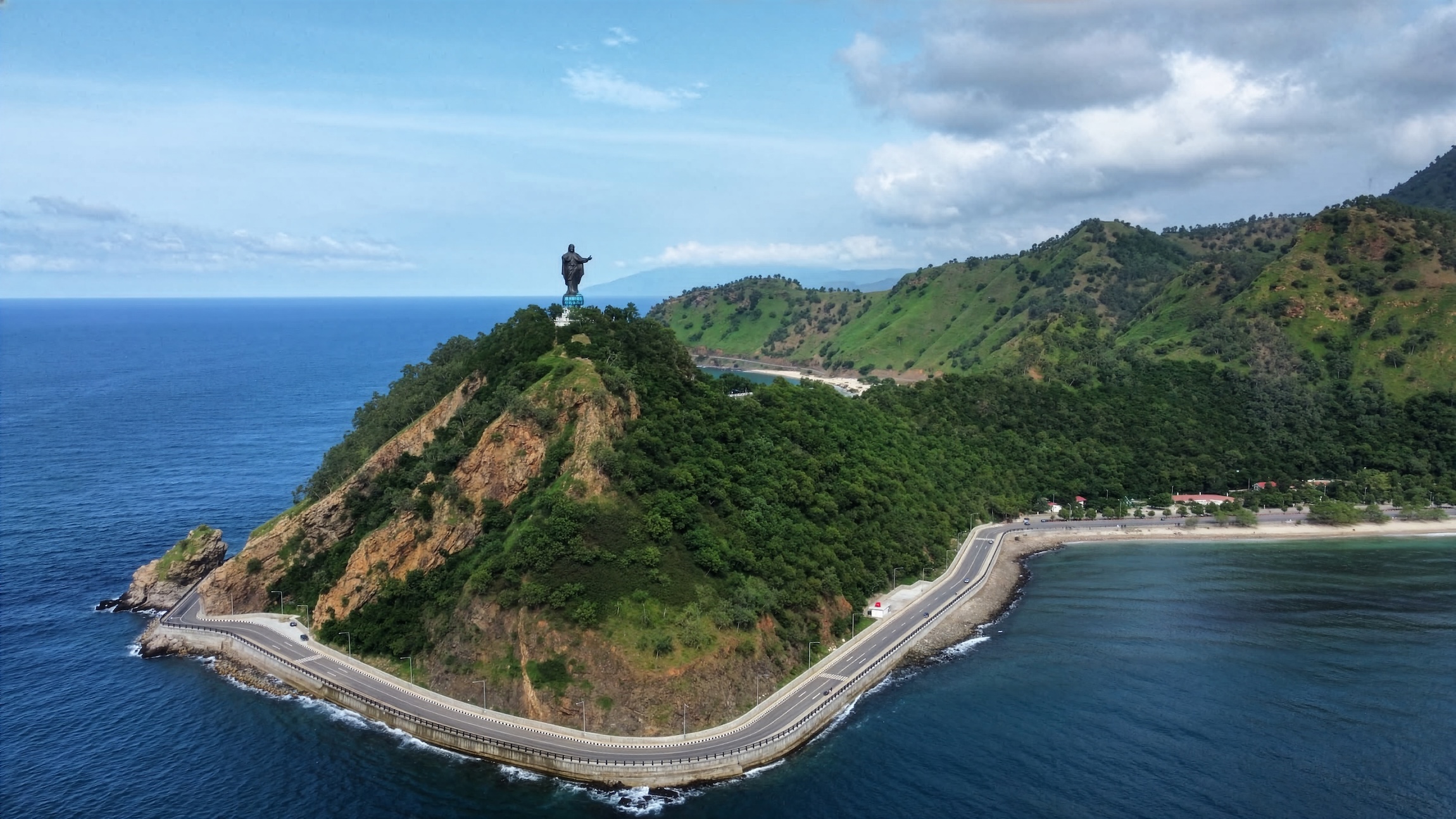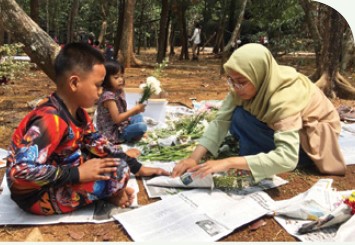



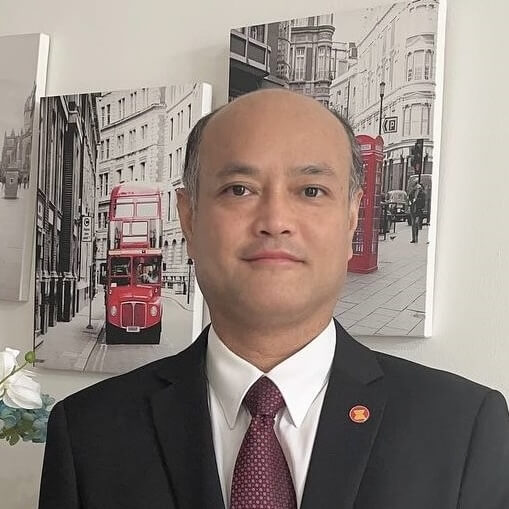
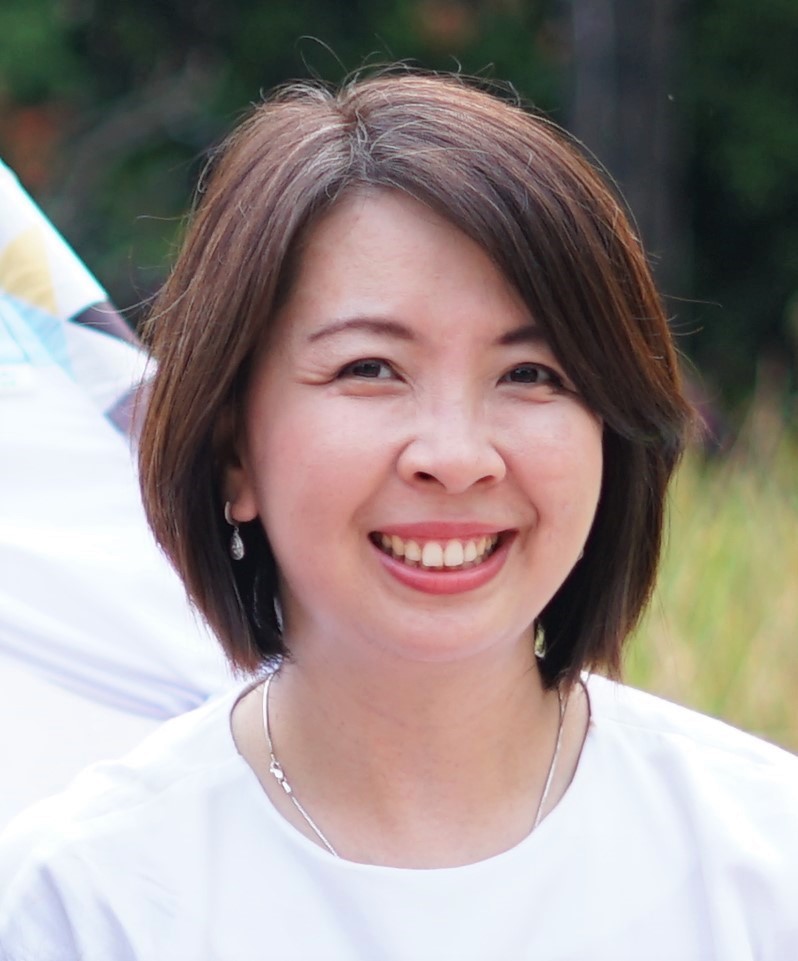

“How dare you? You have stolen my dreams and my childhood with your empty words,” were the pointed words of young Swedish environmental activist Greta Thunberg to world leaders at the 2019 United Nations Climate Action Summit in New York.
Thunberg demanded immediate action to ensure sustainable climate for future generations. She has gained massive international recognition for her dedication to protecting the environment and her sense of humanity. Thunberg’s message has resonated among the youth around the world, including in the ASEAN region.
Numerous studies show that Southeast Asia is one of the regions most vulnerable to climate change and its negative impacts on food security, human health, economic growth, and overall sustainability of the region. Like Greta Thunberg, many ASEAN youth have taken serious action and participated actively in climate change initiatives. Using their voices, ASEAN youth have been actively advocating for bolder action to address environmental issues including climate change in ASEAN.
Born in Myanmar, a country ranked among the top three most affected by climate change in the last two decades by Climate Risk Index 2019, Kyaw Ye Htet co-founded Strike for Climate Myanmar and helped initiate Fridays for Future Myanmar. Both are youth movements campaigning to raise awareness on the ongoing crisis of climate change and advocating legislation for climate action. Marinel Sumook Ubaldo, a survivor of Typhoon Haiyan which is considered one of the most economically damaging climate-related disasters in the last 45 years, is a youth global advocate from the Philippines, calling for reduction of carbon emissions and investment in renewable energy. In 2015, she spoke at the United Nations (UN) Climate Change Conference where she said “please think about us, think about the coming generations who will suffer because you did not make decisions in time”.
There are currently 213 million young people between the ages of 15 and 34 in ASEAN countries, and the figure is expected to increase to just over 220 million in 2038. Accounting for 30 per cent of the total population in the region today, the youth are an important segment of the population as the young are the leaders of tomorrow and strong catalysts not only for economic, social, and cultural development, but also for a change towards greener and better future.
The significant role of youth in environmental action has been recognised by the ASEAN Member States. ASEAN Leaders declared November 25 as the ASEAN Youth in Climate Action and Disaster Resilience Day. This strongly affirms ASEAN’s commitment to encourage each Member State to conduct activities and provide a platform for local and regional collaboration among ASEAN youth toward climate actions. Under this framework, ASEAN’s young people gathered for the first commemoration of the ASEAN Youth in Climate Action and Disaster Resilience Day in the Philippines on 23-25 November 2018. At the event, youth representatives learned about and shared their views on climate change issues and best climate action practices; and even performed a simulation of the annual sessions of the Conference of the Parties (COP) to the United Nations Framework Convention on Climate Change (UNFCCC) to gain a greater appreciation for global discourse and diplomacy on climate change issues.
Youth and climate change are among the priorities of the ASEAN Working Group on Environmental Education, which was established to promote environmental protection through effective environmental education and awareness raising programmes. The working group’s main venture is to enhance capacity of ASEAN youth and societies to adapt and respond to current and emerging environmental challenges, including climate change, so as to create a dynamic, sustainable, and resilient ASEAN Community. Initiated by the working group, the ASEAN Youth Environment Forum has been held regularly since 2007. It aims to promote awareness and enhance youth’s participation in environmental protection. Through the forum, the ASEAN youth have initiated the ASEAN Youth Environment Network on social media, enabling them to continue exchanges in knowledge and experiences.
In 2019, as part of the working group’s Action Plan, ASEAN also conferred the first ASEAN Youth Eco-Champions Award to recognise exceptional young people from each Member State who have made outstanding contributions in the protection of the region’s environment. Through the ASEAN Youth Eco-Champions Award, youth leadership in a wide range of environmental issues, relevant to climate change, have been acknowledged and well documented. These include the organisation of the Camp Student’s Environmental Writing Initiative by youth in the Philippines. The camp was founded on the belief that young journalists have the distinctive ability and responsibility to further climate actions through story-telling. Moreover, ASEAN youth leadership on climate actions is also reflected through the establishment of the Thailand Climate CoLab, an environmentally-concerned youth-led project aiming to combat the negative threats of climate change at the community level. It focuses on solving water pollution, waste management, and harnessing green energy in communities in Thailand.
Zacky Irwandi, one of the recipients of the ASEAN Youth Eco-Champions Award from Indonesia, believes that the work of Member States in empowering youth in environmental action is one of the enabling factors for broadening youth’s participation in addressing various issues on the environment. Through the Daur Bunga (Flower Cycle) initiative, he played a part in helping reduce the amount of organic waste, generated particularly from decorated flowers, by recycling it into useful public decors. These creative and innovative measures were acknowledged by ASEAN and have inspired other young people to contribute to efforts to decrease greenhouse gas emissions (especially methane) from the decomposition of organic matters. Irwandi strongly believes that the youth are the most active members in society who are receptive to new ideas for positive changes. “Youths are not only the leaders of tomorrow, but already play a key role through diverse initiatives to advocate social and environmental change,” Irwandi explained.
Aside from the above activities, ASEAN has also created several platforms for ASEAN youth to gather and explore potential environmental movements, including through the ASEAN Youth Conference, Young Southeast Asian Leaders Initiative, ASEAN Youth Forum, and the commemorative event of the ASEAN Environment Day. At the ASEAN Environment Day in 2019, the youth participants took on a remarkably strategic direction to enhance their commitment towards environmental protection by issuing the ASEAN Youth Joint Pledge of Eco-Schools and Youth Eco-Champions. The pledge was conveyed to the ASEAN Ministers on Environment and Secretary-General of ASEAN, stating that the young are committed to support one another in creating a sustainable society in the region through promoting a culture of innovation and productivity among youth to drive impactful solutions for sustainable future.
By speaking up and taking action, the ASEAN youth have demonstrated remarkable capacity to drive a positive change for the environment and the climate. Moving forward, there is so much more that ASEAN’s young generation can offer towards the achievement of a sustainable future, for Southeast Asia and the rest of the world. While even an individual can make a significant change, a coordinated and enhanced youth-led action across the region, complemented by stronger support from ASEAN and partners, will arguably lead to more impactful change at a greater scale. Strengthening and enhancing environmental protection efforts of the 30 per cent of the region’s total population—the ASEAN youth—is paramount to significantly accelerating the attainment of ASEAN’s vision of a resilient community with enhanced capacity and capability to adapt and respond to disasters and climate change, among others.
Recognised as one of the world’s CNN Heroes Young Wonders (2018), Melati and Isabel Wijsen, teenage co-founders of Bye Bye Plastic Bags campaign in Bali and Youthtopia that hosts on-the-ground local workshops and training for young changemakers, believe that the young may only be “25% of the world’s population, but we are 100% the future.” It is essential for ASEAN, together with its partners, to not only listen to the youth voice in decision making processes, but also to empower them and tap into their potential—for advocacy, action, leadership—to act for their greener and better future.




